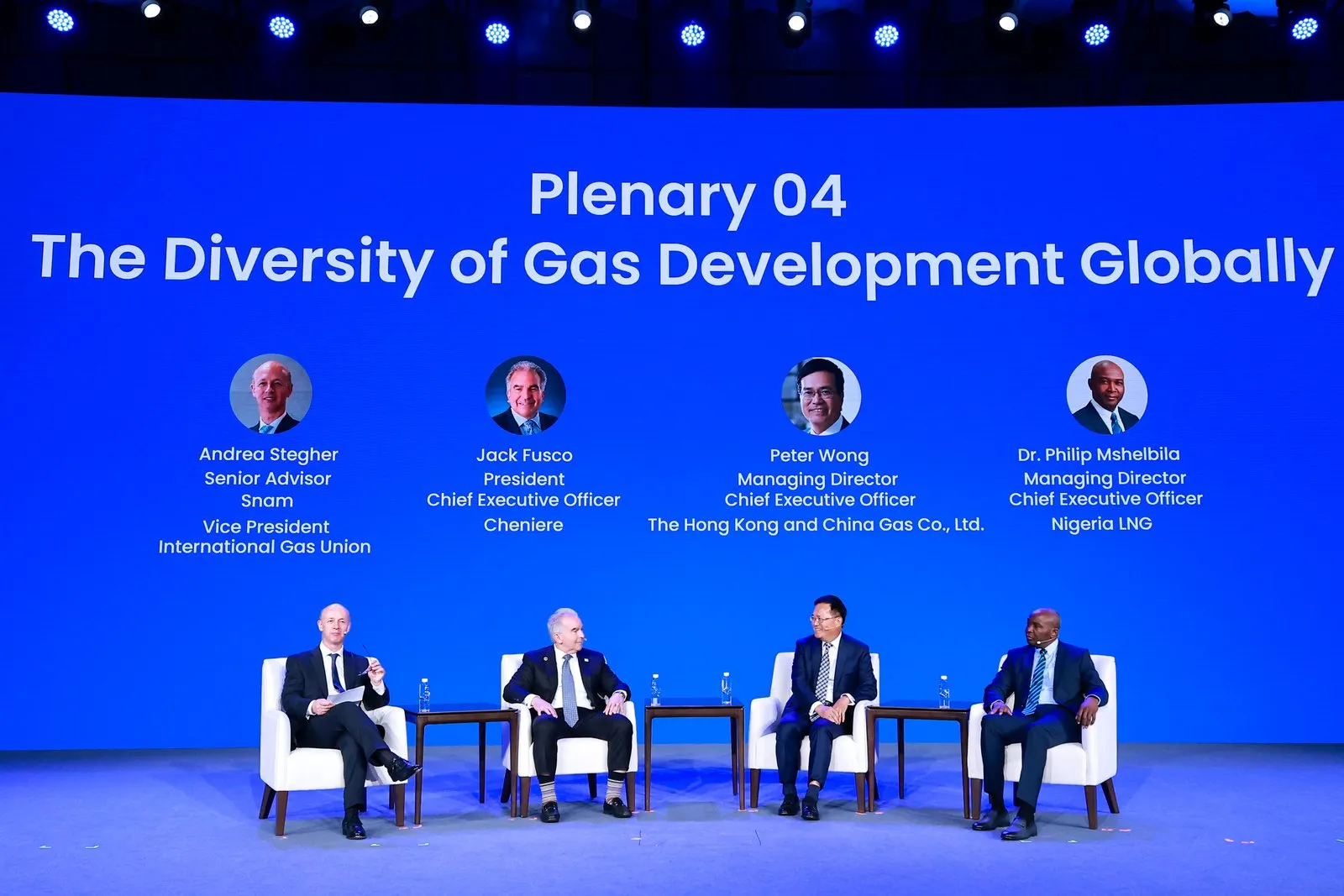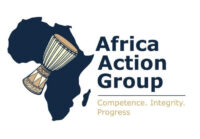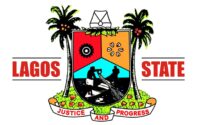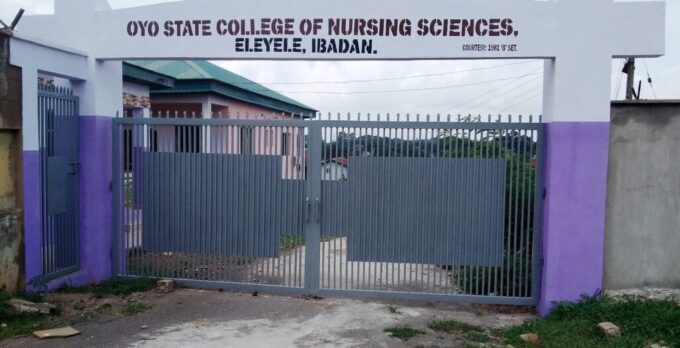From Doris Obinna
Nigeria LNG Limited (NLNG) has called for the development of policies and regulations tailored to the specific needs and challenges of the LNG shipping sector, urging global stakeholders to support the industry’s transition to a net-zero future.
The appeal was made during a panel session on LNG Shipbuilding and Transportation at the 29th World Gas Conference (WGC 2025) held in Beijing.
Representing NLNG’s Deputy Managing Director, Olakunle Osobu, at the session, Manager of Commercial Contract Management, Tolu Longe, emphasised the importance of crafting regulatory frameworks that not only reflect the unique dynamics of LNG shipping but also incentivise innovation across the entire vessel lifecycle from construction through operation to decommissioning.
He noted that such policies should encourage investment in emerging but unproven technologies, including onboard carbon capture systems.
“Unlike shipping, where the International Maritime Organisation (IMO) provides global oversight, many other sectors operate under fragmented national regulations. More cohesive policies could help accelerate decarbonisation, particularly in areas like modular onboard carbon capture, which remain commercially unviable without supportive economic and regulatory structures,” he stated.
Longe highlighted financing as a key barrier to decarbonisation in LNG shipping, pointing out that the financial sector has been slow to prioritise climate impact over traditional credit metrics. He noted that this misalignment is especially evident in Africa, where limited access to subsidies and affordable financing further complicates the transition. He urged increased collaboration with institutions such as Afreximbank and the International Finance Corporation (IFC) to bridge the funding gap and support sustainable initiatives.
Addressing the need for innovation, he stressed that reducing decarbonisation costs in LNG shipping will require the adoption of digital technologies like artificial intelligence and data analytics. According to him, these technologies can significantly improve fuel efficiency by optimising engine performance, routing, and speed in response to real-time conditions such as weather and port congestion. “Additionally, AI-driven navigation systems could enhance maritime safety, particularly as ships grow in size.”
Longe acknowledged the pivotal transformation underway in the shipping industry, driven by the push for greener fuels and decarbonisation. He said that fleets must adapt through the use of dual-fuel systems, LNG, and alternative fuels such as ammonia and hydrogen. However, he highlighted the financial dilemma facing shipowners, who must either retrofit existing vessels or invest in new builds without the benefit of premium pricing for cleaner shipping options.
“The current regulations do not translate into higher freight rates for green shipping, and consumers are generally unwilling to pay more. This leaves shipowners to shoulder the cost burden, while financiers remain slow to respond to evolving market demands,” he said, warning that this disconnect could result in depressed charter rates for years to come.
He also referenced the IMO’s mandate requiring a two per cent reduction in greenhouse gas emissions intensity by 2028, cautioning that relying solely on costly and time-consuming dry-dock retrofits would not be sufficient. Scalable solutions that can be implemented during normal operations, he said, are essential to meeting this goal.
The 2025 edition of the World Gas Conference, themed “Energising a Sustainable Future”, convened global stakeholders representing over 90 per cent of industry players. The event served as a platform to explore sustainable energy pathways and shape the future of decarbonised fuel supply chains.

















Leave a comment